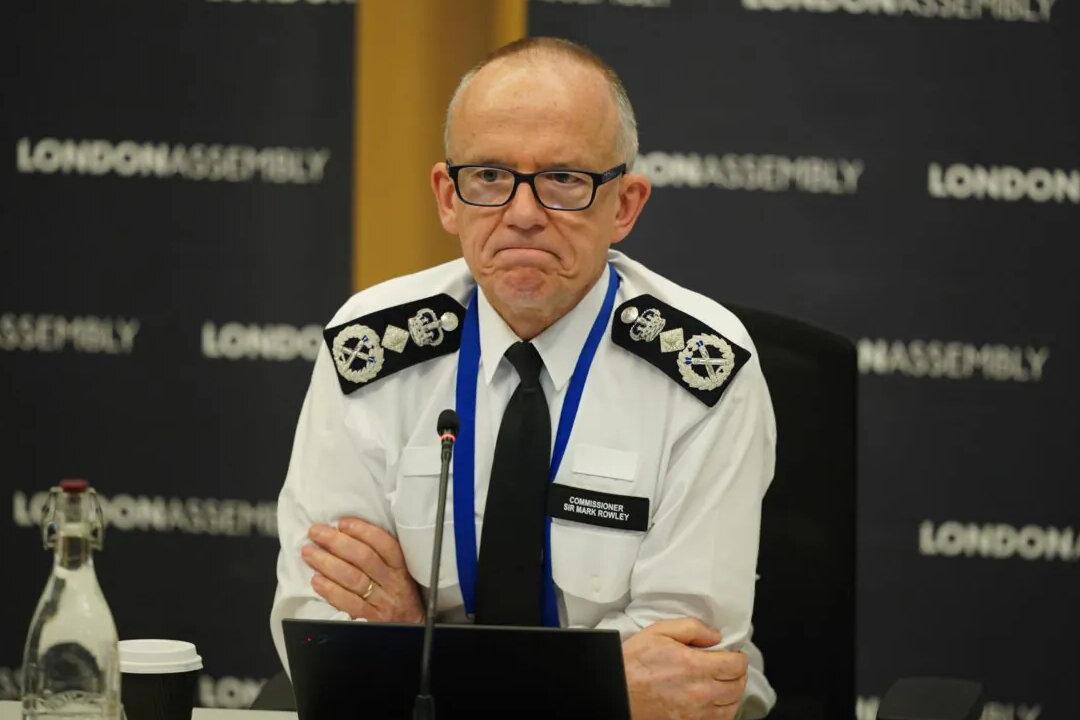The Metropolitan Police has been rapped by an independent watchdog over its handling of missing child cases, telling the force it is putting vulnerable minors at risk.
In a rare and “urgent” intervention, the HM Inspectorate of Constabulary issued two “accelerated causes of concern” to Met chiefs over “significant failures” in the force’s handling of missing children cases.





